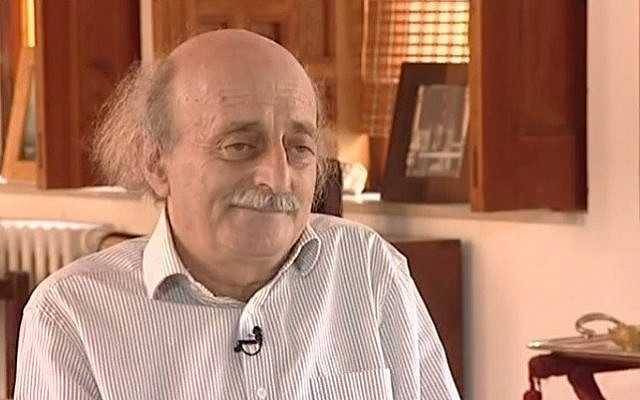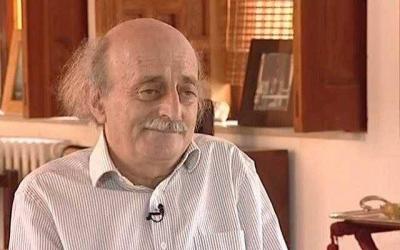The leader of the "Progressive Socialist Party," Walid Jumblatt, surprises his followers as he has been inclined towards settlements with the internally strongest faction, namely "Hezbollah," since the events of May 7, 2008. However, his actions regarding the presidential election indicate a steadfast position by endorsing the candidacy of Michel Moawad, the head of the "Independence Movement."
The "Free Patriotic Movement" promotes in its war against the candidacy of the head of the "Mardari" movement, Sleiman Frangieh, that the latter is the candidate of the "extinct troika" or the candidate of the regime established after the "Taif Agreement." This troika was mainly composed of former Prime Minister Rafik Hariri, President Nabih Berri, and Jumblatt himself. Therefore, Bassil will not support Frangieh's nomination.
Jumblatt is trying to secure his place in the circle of influence, knowing that his ally Berri remains strong. However, the entry of new players onto the political scene after 2005 has changed the rules of the game, and Jumblatt's strategy involves keeping the major conflict alive to play the role of a "balancing act."
In 2014, Jumblatt chose a third option after Dr. Samir Geagea, the leader of the "Lebanese Forces," announced his candidacy against the head of the "Change and Reform Bloc," General Michel Aoun. He supported the candidacy of the MP Henry Helou from the "Democratic Gathering." However, after President Saad Hariri reached the famous settlement with Frangieh, Jumblatt went along with it, endorsed by President Berri. Nonetheless, the Christian balances and Hezbollah's support for Aoun hindered Frangieh's election.
Currently, Jumblatt is acting like other major blocs, with each faction desiring to support its candidate while claiming openness to settlements. In this context, Jumblatt's support for Moawad's candidacy continues until further notice, as evident during the last electoral session. From a Jumblattian perspective, Moawad's candidacy elevates the presidential stakes, as it marks the first time since 2007 that the sovereign camp has a candidate present in the electoral session, even if he cannot secure two-thirds or a simple majority.
The "Moukhtara" does not want to disrupt the internal balance of the country. Aligning with the "resistance" axis could resolve parliamentary, legislative, and political battles, but conversely, it would put Lebanon against the Arab and international communities, as was the case during Aoun's presidency. Therefore, Jumblatt, who has always called for settlements, still opposes the election of a president who lacks the approval of Arab countries and the international community.
There is no personal problem between Jumblatt and Frangieh; the clashes following 2005 ended both men's hostility. However, aside from the lack of Arab approval for Frangieh's election at present, Jumblatt believes that Frangieh lacks Christian support, whether from the "Free Patriotic Movement" or the "Lebanese Forces." Consequently, Jumblatt will not take a step that provokes the Christian component and negatively affects internal relations and the situation in the mountains at this time.
The "Progressive Socialist Party" insists on its support for Michel Moawad for several reasons, primarily his strong Christian backing, his desire not to align with the existing reality, and the fact that he is not viewed as a figure who would continue Aoun's mandate. Additionally, Moawad has strong Arab and Western relations, equipping him to repair the damage inflicted by the previous presidency and its allies. Therefore, no drastic changes in Jumblatt's positions are expected in the near future.
While some may perceive Jumblatt's insistence on Moawad as a maneuver to raise demands for negotiation when the time is right, the atmosphere within the "Progressive Socialist Party" is entirely different. They emphasize that the presidential battle is an opportunity to reintegrate Lebanon into the Arab and Western embrace and to begin implementing reforms. Thus, there will be no election of Frangieh or any other name associated with Hezbollah, as the current Lebanese circumstances do not permit it.




